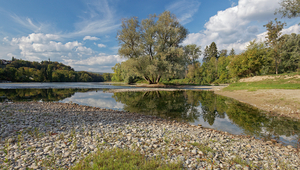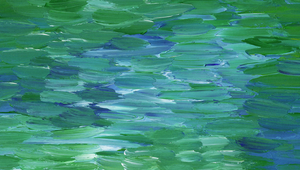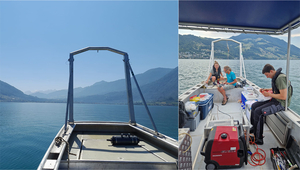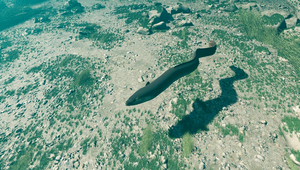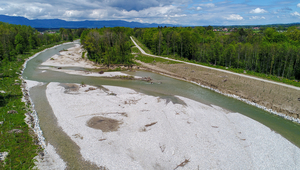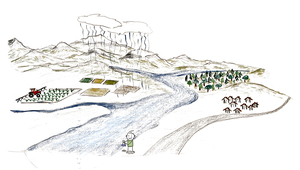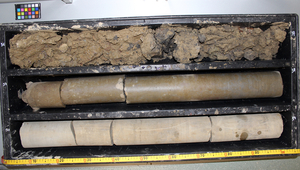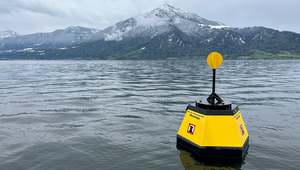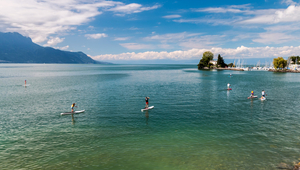August 22, 2024Microorganisms in biofilms in rivers can break down harmful substances. Some are also able to degrade biocides, including the insect repellent diethyltoluamide (DEET) - or so it is thought. Researchers at the aquatic research institute Eawag have now discovered that DEET is degraded better when the proportion of treated wastewater in the water is high. They attribute this to specific enzymes that occur primarily where wastewater treatment plants return the water to the aquatic environment. However, the enzymes involved are not straightforward to predict.

